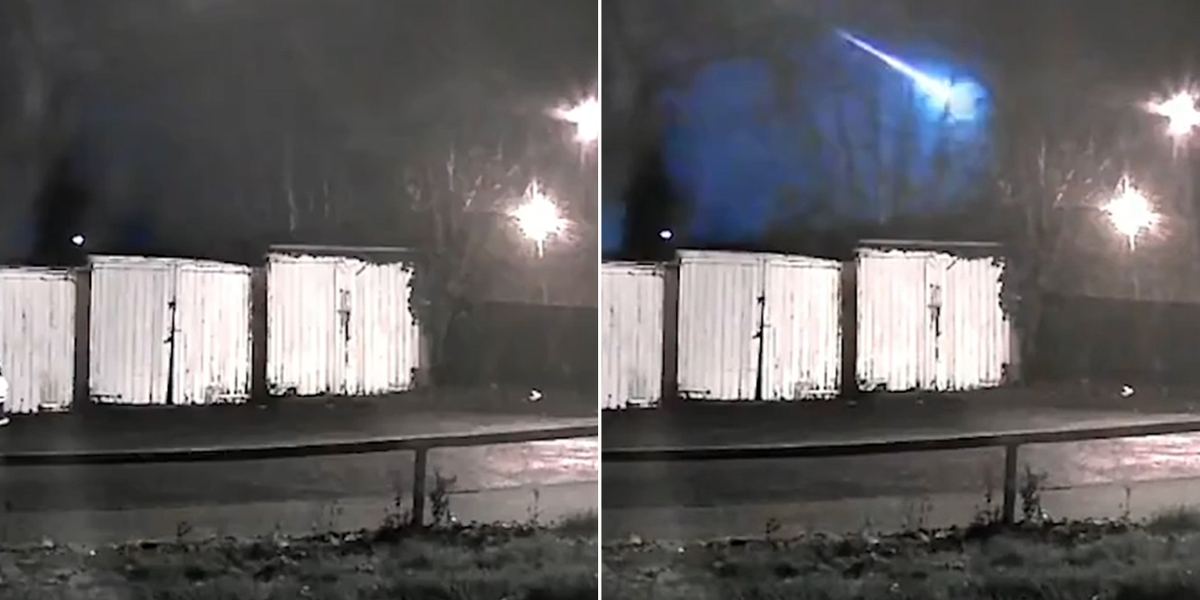Britons were left stunned by the sight of an apparent meteorite soaring through the skies in the early hours of Saturday morning.
Footage posted to social media appears to show a shooting star flying through the night sky.
Spotters took to X, formerly known as Twitter, to report the phenomenon from locations across the country such as Birmingham, Reading, London and Shrewsbury.
X user @actros_man commented: “Sat in a lay-by on A34 s/b top end… Sky lit up with what I’d describe as a firework… trail of sparks, very bright & disappeared quick as a flash heading south… comet? Low & close shooting star??”
Britons were left staggered
X / @JohnStew82
Another user, @g0neill, said: “I think I just saw a meteorite streak across the sky. Heading west. Seen from SW London.”
An optimistic user, @RozaayJay, said: “I just saw my first ever shooting star. My God 2024 is going to be my year. I receive it in Jesus name! Amen.”
Britons were given an idea where to look for the Geminid meteor shower
PA
In staggering CCTV footage, a peaceful night sky is disrupted by a sudden burst of blue light.
Nobody appears to be within close vicinity of the location as the pitch black area is suddenly lit up.
It comes weeks after the last meteor shower of the year which gave sky gazers a chance to see a celestial display without staying up too late.
The Geminid meteor shower, which returns every December, peaked some time during the night of December 14 and will be visible until the early morning of December 15.
Called a “meteor storm” because of its intensity, the shower is known as one of the most spectacular and consistent meteor showers.
Dr Minjae Kim, research fellow in the physics department at the University of Warwick, said: “The Geminids meteor shower will be peaking this week, offering views of one of the year’s most prolific meteor showers against the darkness of the winter’s sky.
“An interesting feature of the Geminids is that their radiant point, where the meteors seem to originate from, rises in the mid-evening.
“This means you can start watching this shower earlier in the night than most other meteor showers.
“These meteors are known for their brightness, speed and typically yellow hue.
“The Geminids are observable worldwide due to their nearly 24-hour peak duration, making them accessible during both night and predawn hours.”










